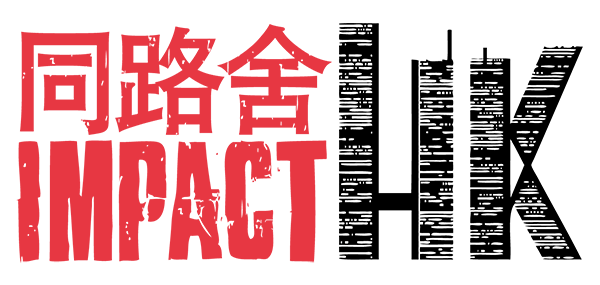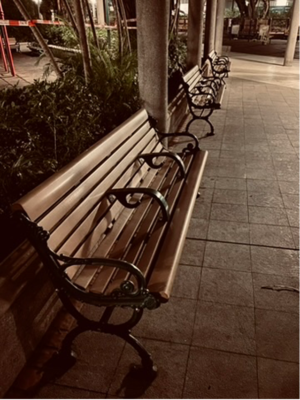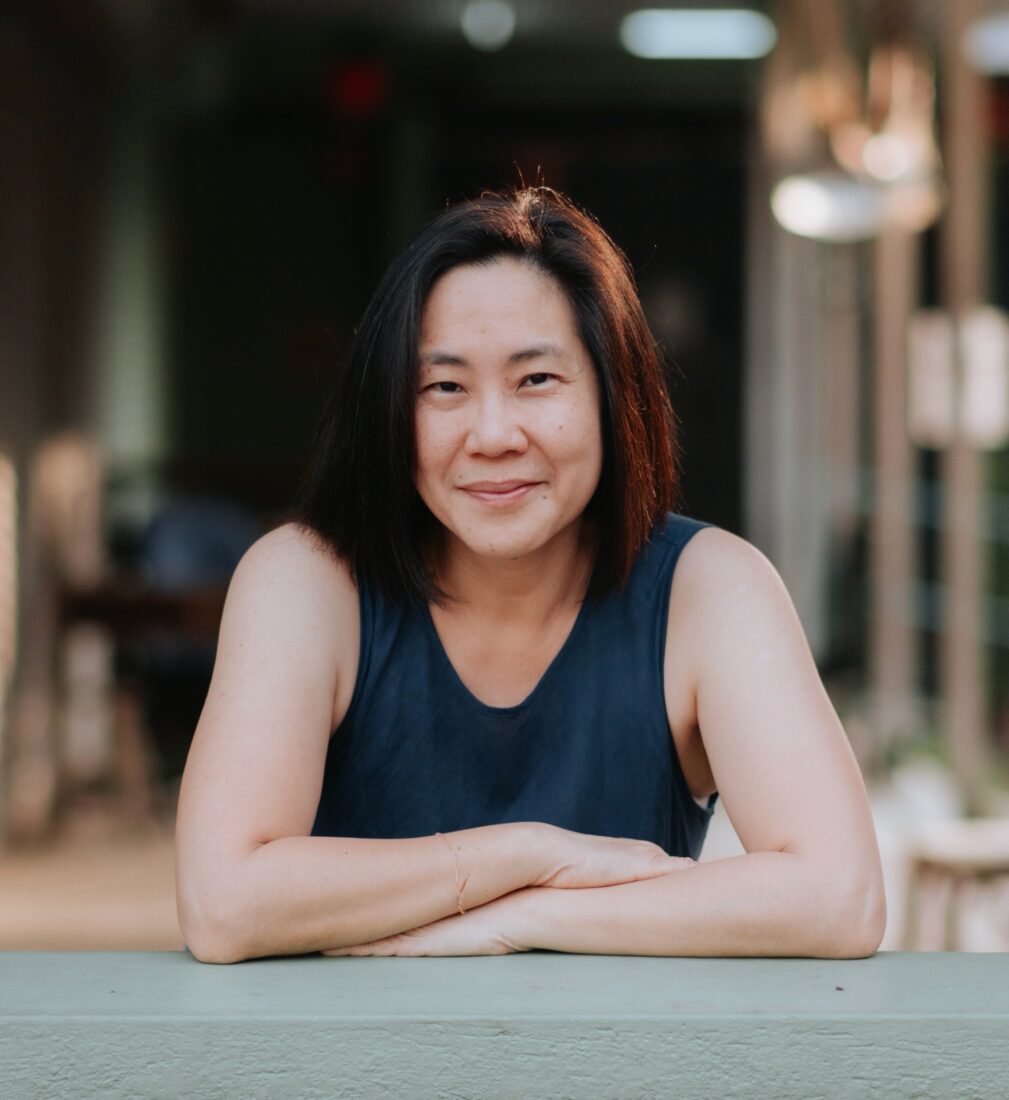
I take a taxi because I worry I’ll be late. Instead, I end up arriving early, so I wait by the closed door. I’ve barely finished my Duolingo lesson on my smartphone (Japanese, if you must know) when J arrives, flashing a warm smile and emanating boundless energy. He shakes my hand firmly. “Good to meet ya,” he says in a pleasant, neutral accent that can only be Canadian. I’m ushered into the main office of ImpactHK, the NGO J founded seven years ago to work with, and to support, people experiencing homelessness.
Together with a small group of young professionals from the island’s glitzy financial sector, I’m here to volunteer in a Kindness Walk, one of the several, daily walks that ImpactHK runs in areas of greatest need. Tai Kok Tsui, Sham Shui Po, Mong Kok, Tsim Sha Tsui, Yau Ma Tei. The city’s glittering visage and regularly publicised statistics (highest life expectancy rate in the world, relatively high average salary compared to neighbouring countries) belie a grim reality. Government data shows that 1 in 5 people in Hong Kong live below the poverty line. Over 200,000 low-income individuals reportedly live in shockingly small spaces comprised of sub-divided units, rental rooms, or cubicles, also known as ‘cage homes.’ “There are about 650 individuals self-registered as ‘street sleepers’ here in Hong Kong,” explains J. “But we know from our work on the ground that the numbers are much, much higher because many of those experiencing homelessness are hidden.” According to J, the homeless are here among us – in public toilets, underpasses, parks, the 24-hour McDonalds – alone, misunderstood and ignored, when what they need most is kindness, care and help. ImpactHK’s mission is to fill this gap by providing sports therapy, counselling, food aid, shelters and walks like the one I’m about to embark on.
As J concludes his sombre account of Hong Kong’s homelessness crisis, we rise from our plastic stools, shuffle into loose groups and step outside. The evening rush hour is almost over. The streetlights are ablaze and there’s a chill in the air. After all, it is the winter season. Each group takes responsibility for one type of provision that we’ll be distributing to the members of the homeless community along our walk: fresh bananas, hard-boiled eggs, individually wrapped saltines, water from massive plastic containers, and an extra for the winter season, single-use hand warming pouches. “Someone who speaks Cantonese will need to explain how this thing works,” says J. As I weigh one of the pouches in my hand, I try to imagine an existence without a roof over my head, without four walls to keep out the elements, without a bed to lie in, without a friend in the world. I shiver, perhaps because of the weather.
We head over to the urban park nearby, positively sprawling at 5.5 hectares. At its fenced-in basketball court, a game is in full swing despite the late hour. Arms laden with provisions, we listen to J’s instructions once more. “Follow my lead, keep moving, and stay in your groups. Leave one item for each individual you meet – so one banana, one egg, one pack of crackers, one warming pouch, a cup of water if they ask for it. If the person is asleep, or inside a tent, just leave it on a nearby chair or at the entrance of the tent.” J stops to clasp hands with a passerby, a neatly dressed elderly Chinese man sporting a NYC baseball cap who J calls “pang yau” (friend). The man could be mistaken for a grandfather of any of my children’s schoolmates, but it turns out that he’s one of the park’s transient dwellers. J motions for us to pass the man a banana, not an egg as he doesn’t like eggs, two packs of crackers, and a paper cup of water which he thirstily empties. “Don’t forget to smile,” J reminds us. Nervous, awkward grins appear on our faces in unison despite how hard it is to be cheerful when confronted with such bleakness. “And no photos,” J cautions. “Remember, we’re trying to gain the trust of our friends so we can help them.” I blush guiltily as I drop my phone into my coat pocket.

Like camels in a caravan, we thread our way between the clusters of tiny tents and fold-out camping chairs and beds. Shirts, trousers and underwear hang from makeshift laundry lines like roasted ducks in the windows of restaurants. Some shelters are built of flattened cardboard packaging boxes, reminiscent of forts that my children used to fashion out of the same material when they were much younger. But this is real life, not make believe. This is hardship, not playtime. A few of the dwellings are unoccupied, but most are inhabited by men and women, seemingly in equal number. One man is curled up in a foetal position around a canvas bag, eyes closed in sleep. Another is reading a book by the balmy light of the streetlamp. A woman, possibly no more than forty, is staring into the screen of her mobile phone at some soundless YouTube video. They are shrunken by their circumstances, but when they see J and his retinue, their faces light up and their eyes shine.
We pass out a banana here, two boiled eggs there. We leave a warming pouch and a packet of saltines on top of a small pile of yellowed newspapers. As the walk progresses, we become bolder, modelling after J’s relaxed and friendly demeanour. We smile. We make eye contact. We call out “nei hou” (literally, “you good?”) as if we’re long-lost friends who have not met up for some time. The rear guard dispenses cups of water when water is asked for (and it is asked for surprisingly often). J’s hashtag, emblazoned on the t-shirt he wears, is ‘Kindness Matters.’ Tonight, it’s clear that it matters a lot.
“How do they get here, into such precarious lives?” I ask, even as I guess that the answer is complicated. J shrugs his shoulders. “So many reasons: isolation and loneliness, poverty, mental health issues like PTSD, family issues … but at the end of the day, they’re human beings, individuals, just like you and me.” J reiterates his key message of awareness. Our “pang yau” are not defined by their homelessness, but they’re experiencing it, and they can be helped to rediscover their purpose in life, and to come home. Despite the challenges, ImpactHK has helped 650 individuals out of homelessness, some of them joining the NGO as paid staff members. These are accomplishments that J is rightly proud of.
By the end of our meandering walk, our plastic bags are almost empty, and the water has almost run out. Before we part ways, J opens our eyes to yet another hidden feature of our island’s landscape – it’s hostile (anti-homeless) architecture. The benches that line the park’s paths are empty for a reason: the metal arm rests curl at just the right height and are placed at optimal intervals along the length of the bench to discourage human bodies from lying down on the wooden seats. Clearly, no rest for those deemed to be wicked.
As I walk towards the MTR station, I gaze at the windows of tall apartment buildings surrounding me, a canopy of urban starlight. So many homes, so many places to belong, yet denied to so many. I shiver again, and it’s not because of the weather.
To learn more about ImpactHK and the valuable work they do, check out their website: https://impacthk.org/

Maureen Tai
Maureen Tai is an award-winning Malaysian writer living in Hong Kong who has published creative works in literary and online magazines such as Cha, the Asian American Writers’ Workshop, Kyoto Journal, Mekong Review, Voice & Verse Poetry Magazine, Coffee and Conversations, Porch Lit Magazine and the Hooghly Review, as well as in local and international anthologies. Primarily writing for children and teens, she has published short stories for children with Oxford University Press and Marshall Cavendish (Asia). Maureen’s work and book reviews can be found at www.maureentai.com. She counts her time as the Program Director of the Hong Kong International Literary Festival in 2023 as a highlight of her literary career to date.